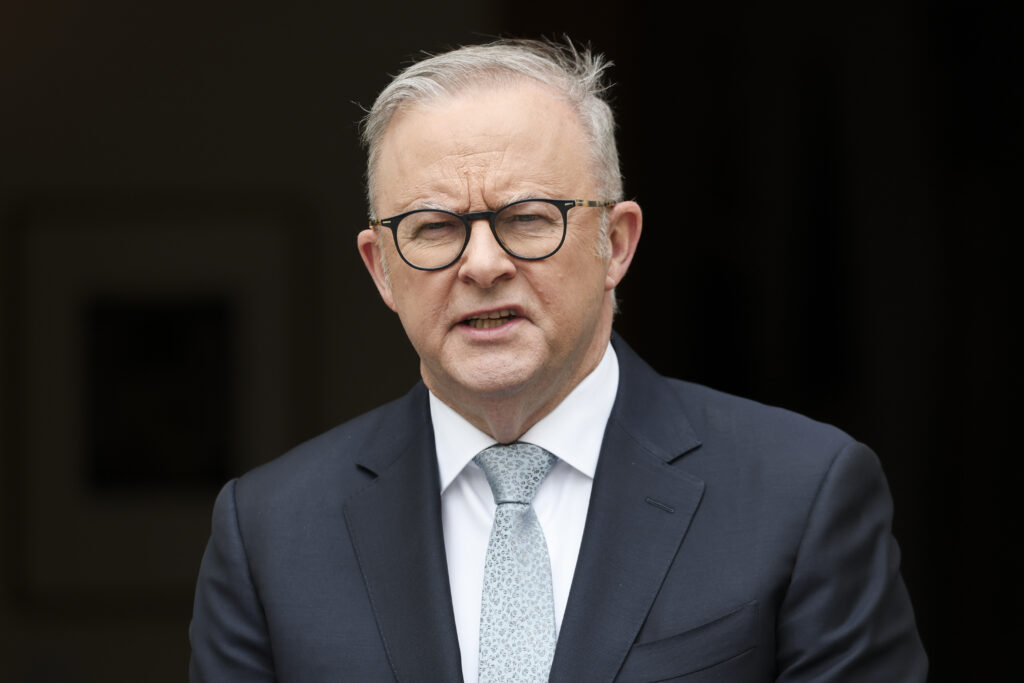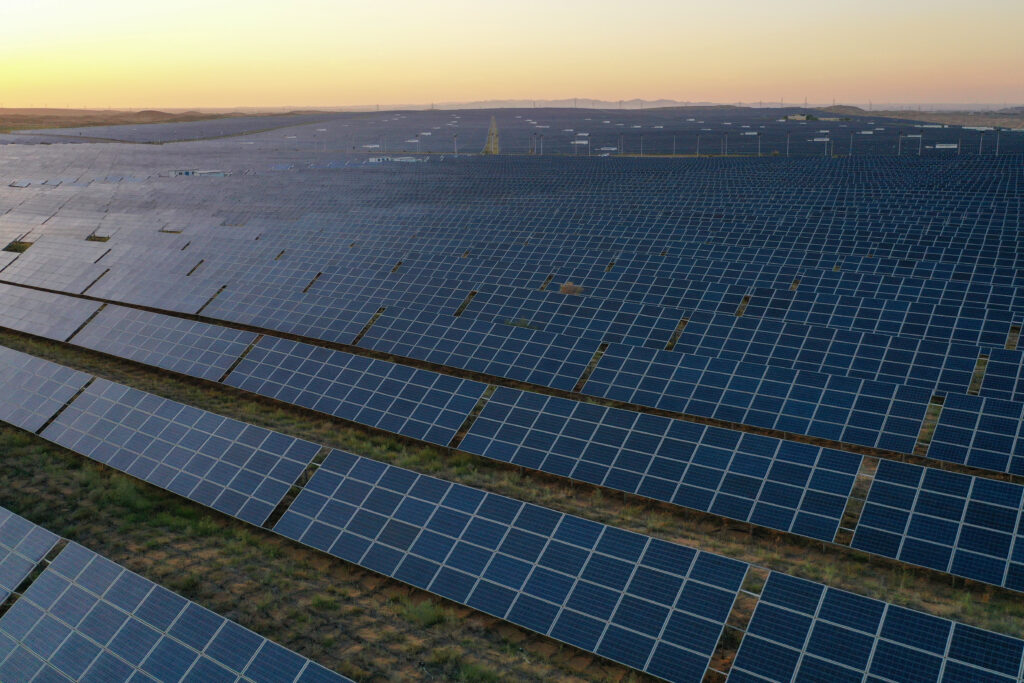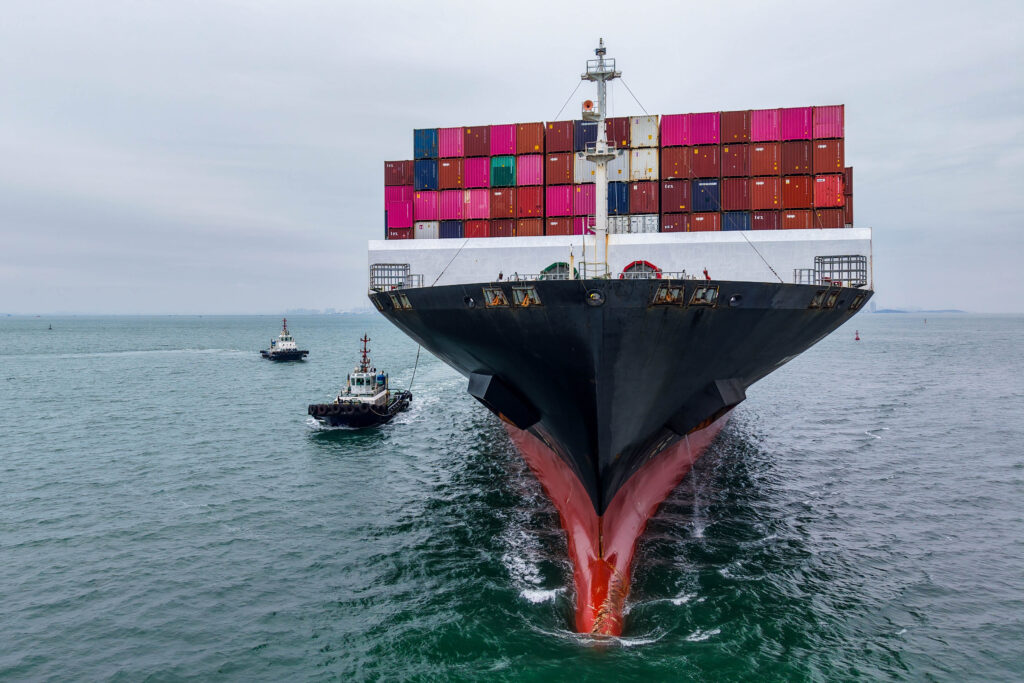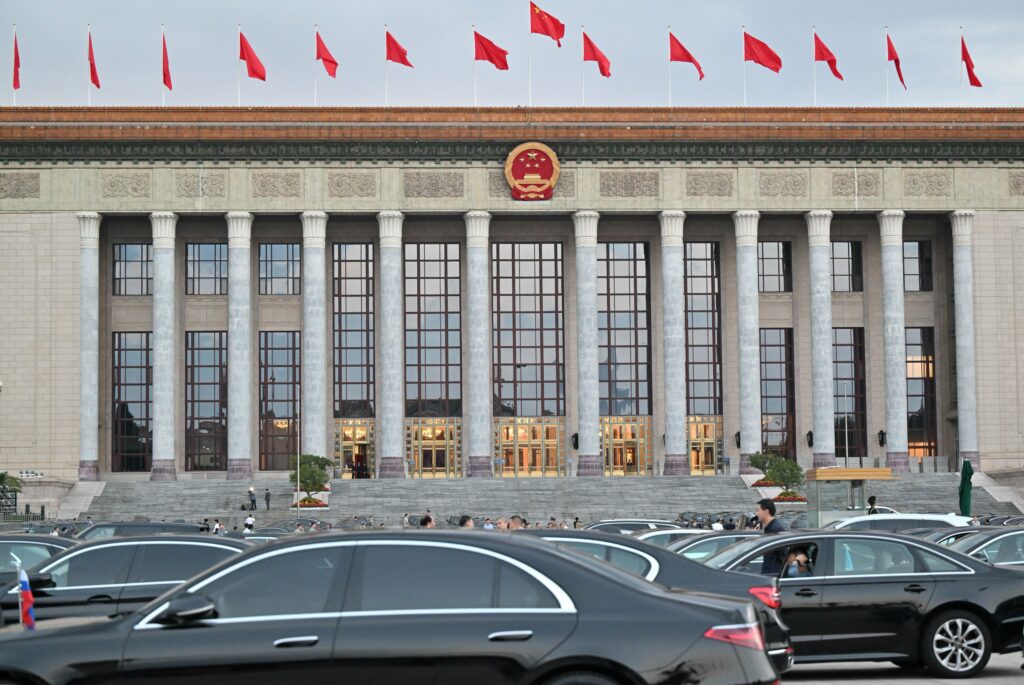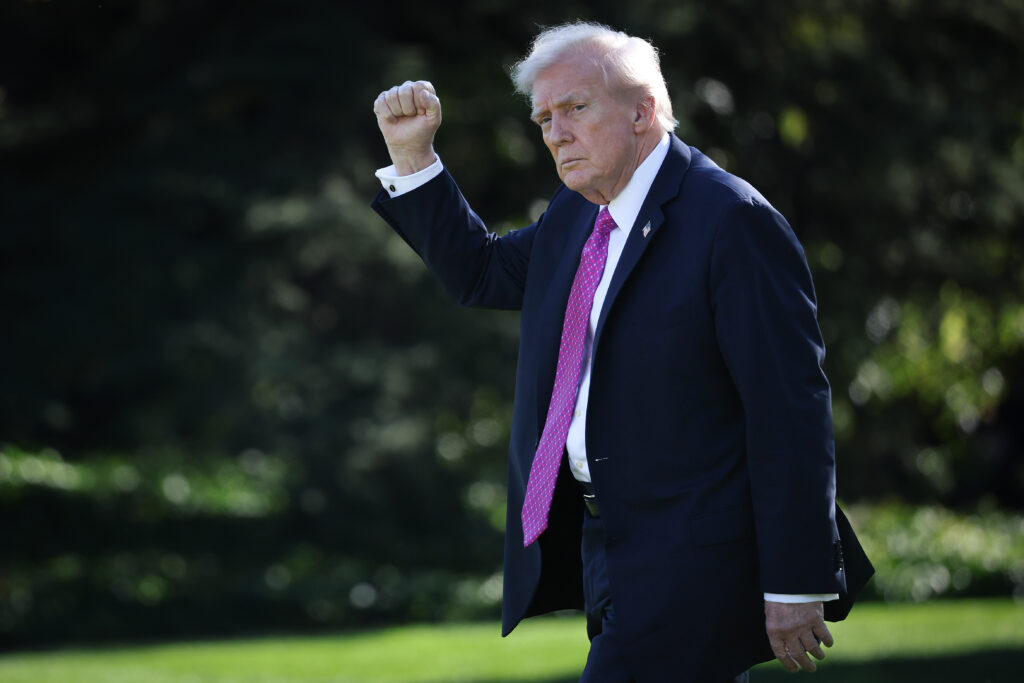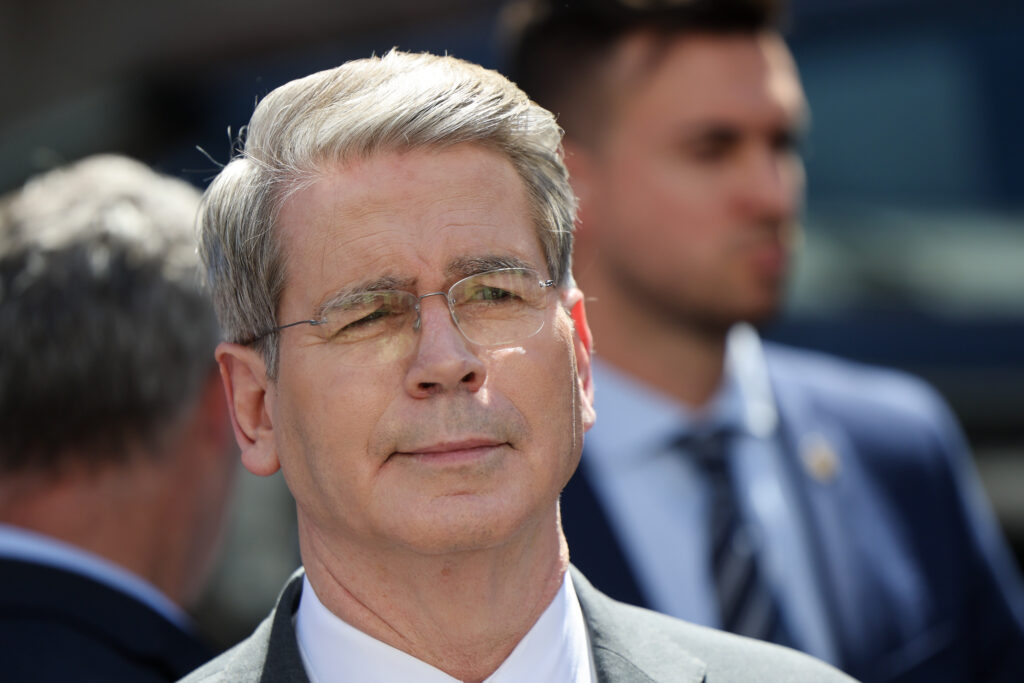Asian markets bounce back as China-US trade fears ease
Asian markets rose Monday after conciliatory comments from Donald Trump at the weekend ease worries about China-US trade tensions, while Tokyo stocks surged to a record on news of a deal to end political turmoil in Japan.Investors also took heart from data showing China’s economy grew more than expected in the third quarter, with the gains building on the positive mood from Wall Street, where all three main indexes bounced back from Thursday’s losses.Sentiment took a hit last week from a fresh flare-up in the trade standoff between Washington and Beijing when the US president threatened to hammer China with 100 percent tariffs in response to its latest controls on rare earth exports.That led to another round of tit-for-tat measures and Trump warning that a meeting with Chinese counterpart Xi Jinping planned for next week might not go ahead.However, tempers appeared to have cooled at the weekend, with the two sides agreeing Saturday to hold more trade talks.Chinese state media said Vice Premier He Lifeng and US Treasury Secretary Scott Bessent had held “candid, in-depth and constructive exchanges” during a call, and that both sides agreed to hold a new round of negotiations “as soon as possible”.Hours before the call, Fox News released excerpts of an interview with Trump in which he said he would meet Xi at the APEC summit after all, and added that the 100 percent tariff was “not sustainable”.Markets across Asia rose on the softer tone, with Hong Kong up more than two percent and Shanghai also well up as data showed China’s economy grew in line with expectations in the third quarter, though at its slowest pace in a year.Seoul, Wellington, Taipei and Manila also rallied.”Catalysed by Trump’s remark… markets appear priced for a positive or at least less-bad outcome,” said Chris Weston at Pepperstone.”The market’s base case now seems to be that China will offer concessions on its rare-earth export controls, paving the way for the US to extend the current 30 percent ‘tariff truce’ by another 90 days beyond its 10 November deadline.”Tokyo led the gains, surging almost three percent to a new peak, as Japan’s ruling party said it was set to sign a new coalition deal on Monday, paving the way for Sanae Takaichi to become the country’s first woman prime minister.Stocks were sent into a spin last week when her bid to become premier — having won her party’s leadership earlier in the month — was derailed after its alliance partner withdrew its support.Traders also took heart from a bounceback for US regional bank stocks Friday, which had been pummelled Thursday following disclosures from two mid-sized players of expected losses tied to problem loans.The recovery Friday in those banks — Salt Lake City-based Zions Bancorp and Phoenix-based Western Alliance Bancorporation — and other lenders suggested investors were less fearful of systemic problems.- Key figures at around 0230 GMT -Tokyo – Nikkei 225: UP 2.9 percent at 48,970.40 (break)Hong Kong – Hang Seng Index: UP 2.2 percent at 25,797.98Shanghai – Composite: UP 0.6 percent at 3,860.79Euro/dollar: DOWN at $1.1665 from $1.1670 on FridayPound/dollar: UP at $1.3436 from $1.3433Dollar/yen: UP at 150.97 yen from 150.50 yenEuro/pound: DOWN at 86.82 percent from 86.88 penceWest Texas Intermediate: DOWN 0.5 percent at $57.24 per barrelBrent North Sea Crude: DOWN 0.5 percent at $61.02 per barrelNew York – Dow: UP 0.5 percent at 46,190.61 (close)London – FTSE 100: DOWN 0.9 percent at 9,354.57 (close)

